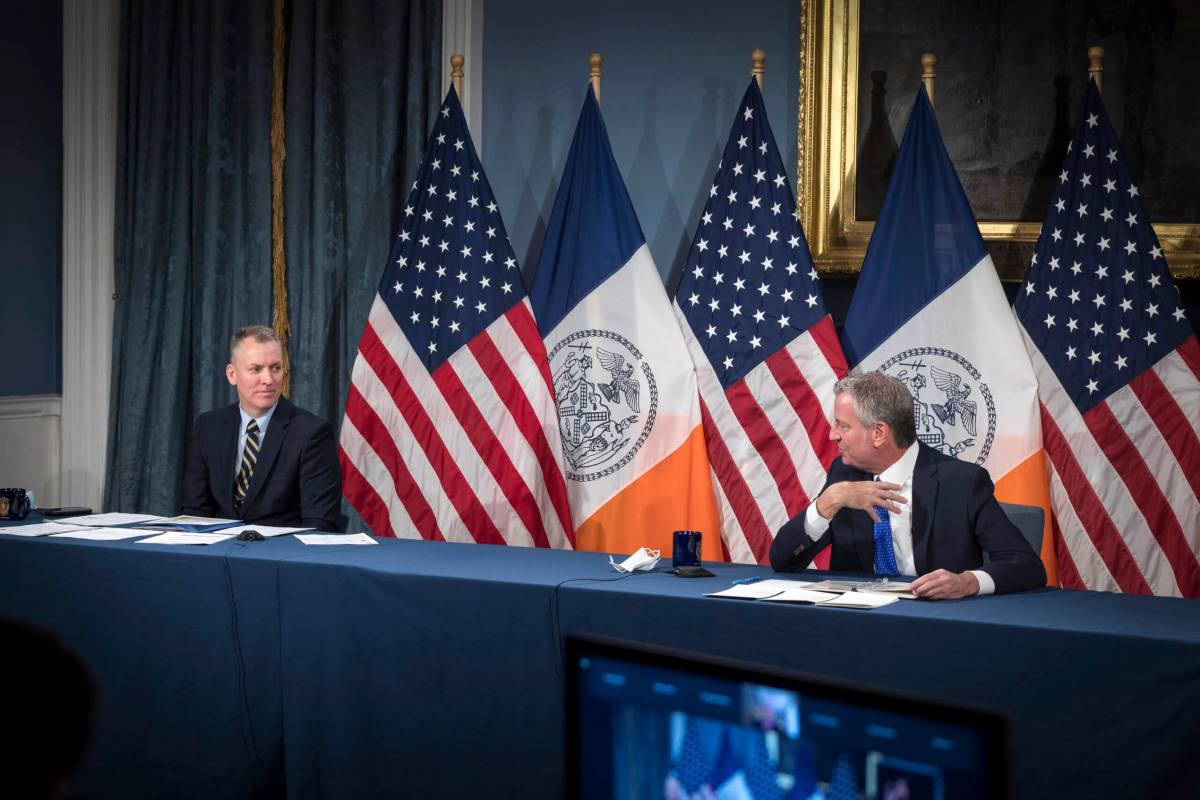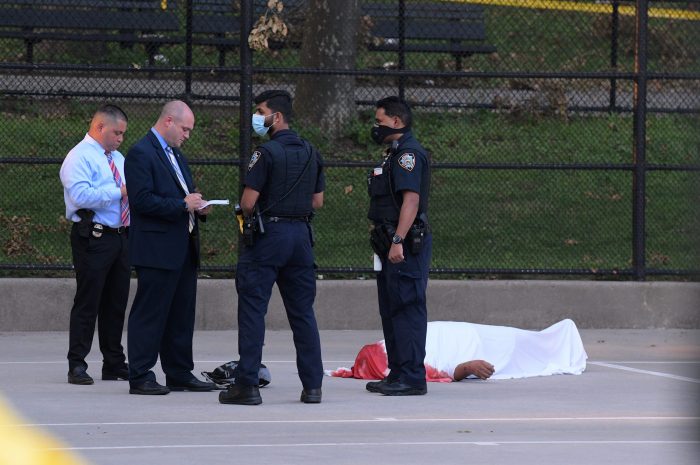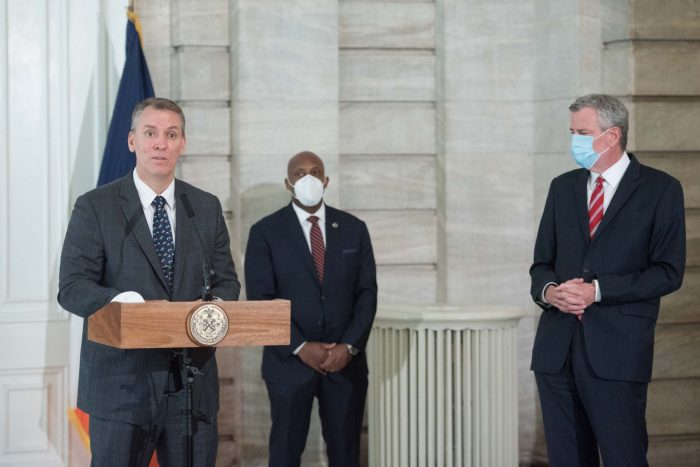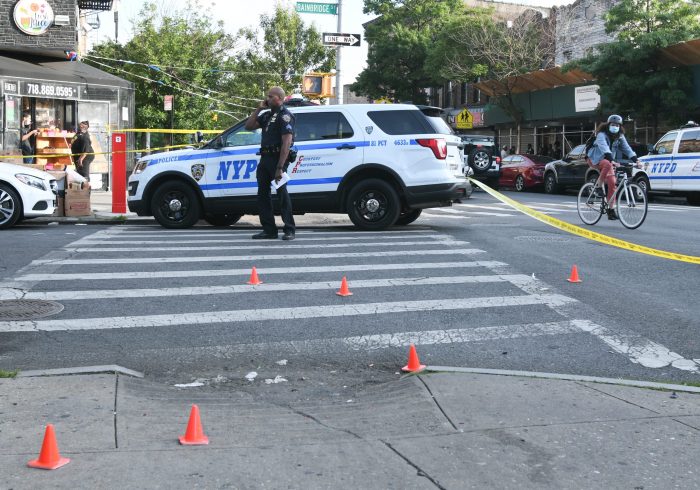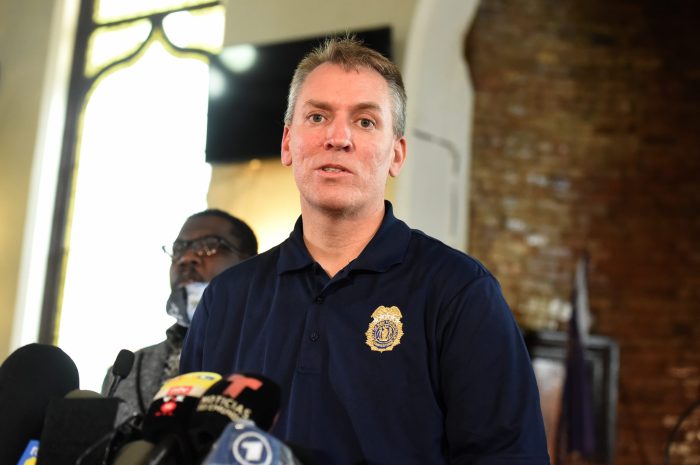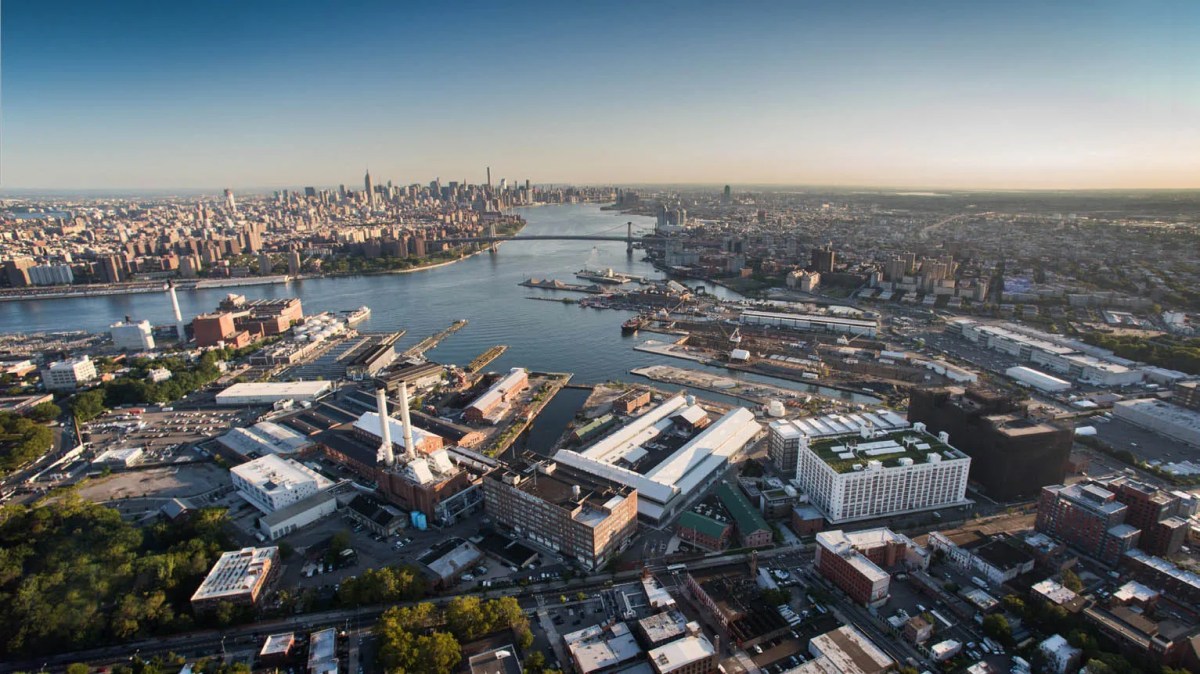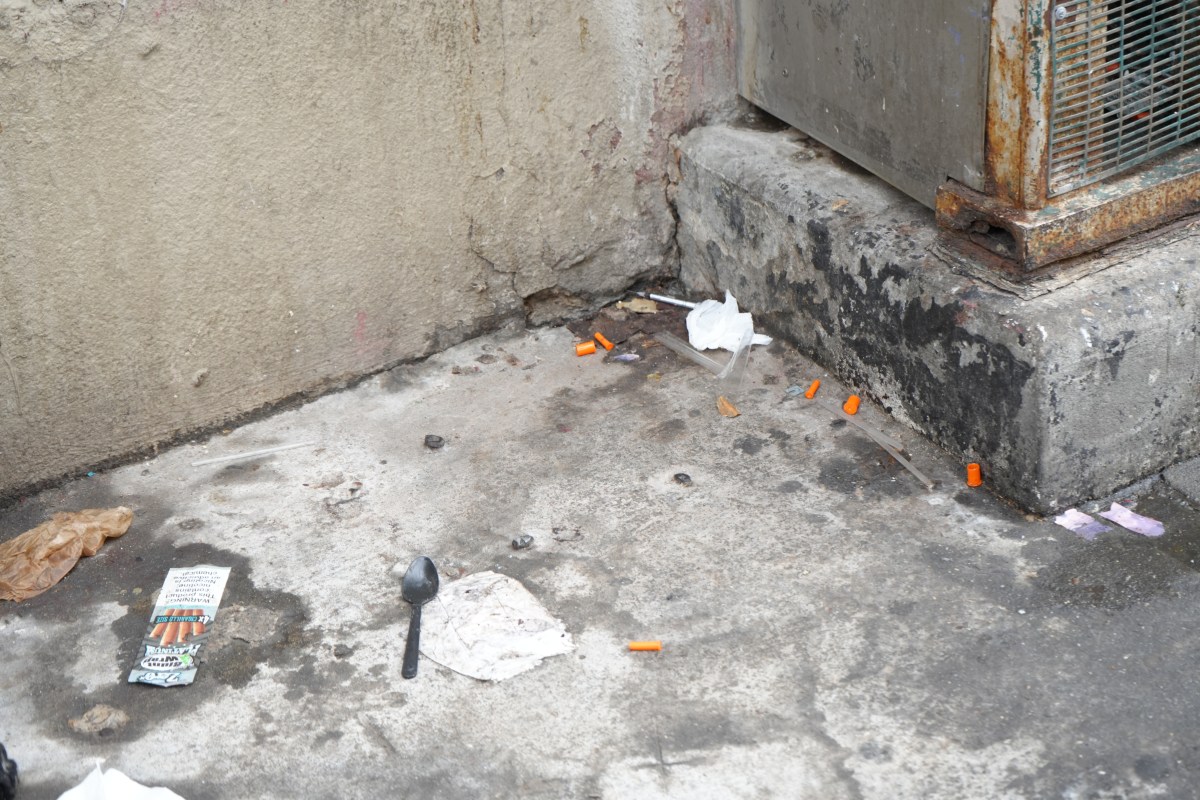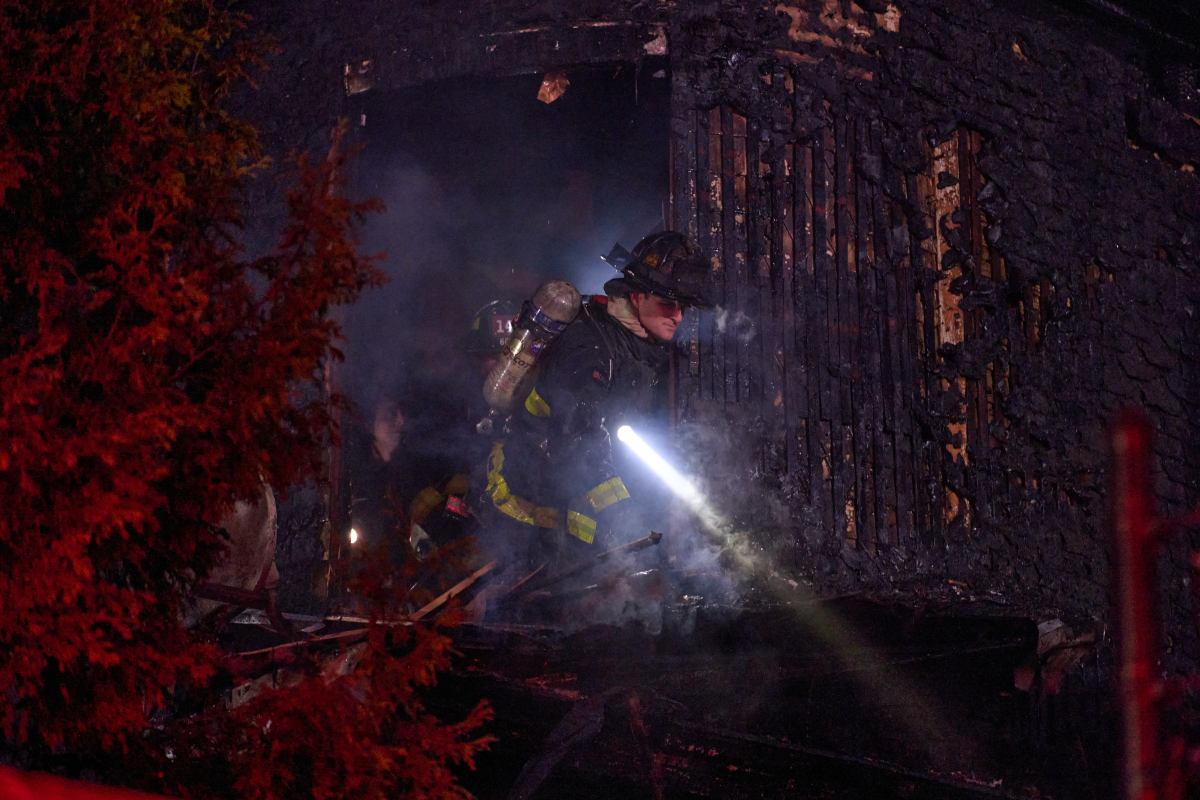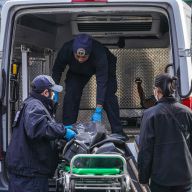New York Police Department statistics showed increases in almost all categories of serious crimes last month, but Mayor Bill de Blasio lauded the NYPD and its outgoing Commissioner Dermot Shea during their last shared briefing in his administration Wednesday, Dec. 8.
“When it comes to public safety overall, we’ve had some real challenges during COVID, profound painful challenges,” de Blasio told reporters during his virtual press conference. “But the city keeps fighting back, communities keep fighting back, NYPD keeps fighting back.”
Of the police’s seven categories of serious crimes known as index crimes, five registered increases in November 2021 compared to the same time in 2020 as well as year-to-date.
Overall index crimes were up 21% for the month, with the biggest jump in grand larcenies, up almost 41%, followed by robberies (24%), grand larcenies of automobiles (13.6), and felony assaults (11.2%).
Meanwhile, murder was down 17.2% from 29 to 24 killings last month, and burglaries also decreased by 5.7% from 1,266 to 1,342 incidents.
Shea chalked up the growing numbers to more people returning to in-person work and school compared to earlier on in the pandemic.
“I told you that as the city got back to normal, as schools opened up, as people come back, you would see increases,” the police leader said.
The top cop zoomed in on the bump robberies, saying they were driven by a surge in shoplifting.
“We’re up significantly in shoplifting incidents that turn into robberies, because of resistance on the part of the store owner or someone else involved,” said Shea.
He also once again blamed criminal justice reforms at the state level like bail reform for the increase in crime, even though he has previously falsely tied the law changes to a spike in gun crimes, and advocates like the Legal Aid Society have accused him of fear mongering.
“I’ve been very outspoken and I stand by it, the number one issue that we are facing is changes that were done too hastily to how we deal with people that are entering the criminal justice system and putting them back onto the street too quickly,” Shea said.
Mayor de Blasio praised Shea as he is set to retire after a two-year tenure at the top of the country’s largest police force.
Hizzoner said the efforts by Shea and his predecessors have made the city safer, by focusing on the minority of New Yorkers who commit crimes, also known as precision policing, and forging better police-community relationships, which he credited for yielding an overall drop in major crimes of 11% since 2013, the year before he took office.
“This is something we innovated over these years, it works, it is a game changer,” de Blasio said.
Shea’s tenure has also been marked by controversy, especially during the nightly protests against police brutality in the wake of the George Floyd murder, such as when cops kettled and beat up marchers in the Bronx, which violated international human rights, according to Human Rights Watch.
During that time, Shea also peddled misinformation by claiming organized looters strategically placed boxes of bricks on street corners, even though the videos posted online were from a corner in southern Brooklyn, miles away from the burglaries that mostly happened in downtown Manhattan.
Shea did not show any signs of regrets when asked about his record by reporters Wednesday.
“I honestly wouldn’t change a thing,” he said. “Obviously people make mistakes and things, but the last two years, to me, is something that I will look back on with nothing — this may sound strange — but good memories of the work that we did, of the relationships that we forged, the partnerships with people in the community, the friendships that were made, the experiences.”



